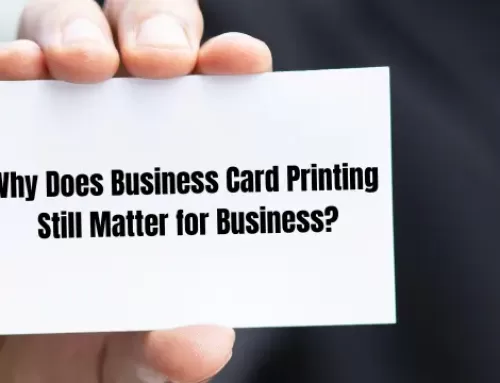Writing a book is no easy feat. Once you complete your book, you have to decide whether you want to self-publish electronically or work with a publishing company to physically publish your book. There are a lot of Pros and Consconsiderr. On the one hand, when you work with a publishing company, you’ll get to see your words in print, which is something I’m sure all of us have dreamed about since we were little kids. But on the other hand, when you publish electronically, your book sales will be completely reliant upon your marketing.
You’re going to have to print and distribute copies of your book. You can do it yourself or go through a publisher, but either way, it’s going to cost money. Then there’s the issue of whether people will buy your book; after all, there are plenty of other books out there competing for the same audience as yours. If you publish your book, then you’ll have to market it as well, which costs more money.
Book publishing has some benefits, including marketing the book better and using the books as marketing tools at book signings and events.
Even if you’re writing a novel and not a nonfiction book, it can still be helpful to have your book published in print. You may want to do this because:
- Book signings are a great way to market your book.
- Books are more tangible and real than ebooks.
- Books are more portable than ebooks. You can read them on the go or wherever you want, even if there’s no power outlet in sight! Even though these benefits don’t apply only to nonfiction books (they apply equally well to novels), one thing that does make sense when selling fiction is making sure that people know how much money they spent on your story—and giving them something physical like an actual copy will help them remember how much they paid for it in the long run too!
The best thing you can do when selling your book is to find ways to connect with readers on a personal level. One way to do this is through book signings, which allow you to meet people face-to-face and tell them about your story in person! If you’re wondering how to sell books, there are lots of options out there.  You can make them available online through sites like Amazon and Barnes & Noble as well as at local bookstores or even libraries after you work with local printing in Los Angeles. You can also find ways to get your book into the hands of people who would be interested in reading it—for example, by setting up a booth at events where people are likely to come looking for something interesting to read!
You can make them available online through sites like Amazon and Barnes & Noble as well as at local bookstores or even libraries after you work with local printing in Los Angeles. You can also find ways to get your book into the hands of people who would be interested in reading it—for example, by setting up a booth at events where people are likely to come looking for something interesting to read!
1. People like books. They are real.
There is something about the book that makes people feel more secure than an ebook. Maybe it’s the physical act of turning pages, or maybe it’s just a feeling of connection with what you are reading. Either way, people seem more willing to pick up a real book than if they are an ebook from a screen. It feels easier for them to believe in your book when they can hold it in their hand and see what you have created (or at least imagine it) for themselves. They feel like they have made an actual purchase rather than just clicking “buy” on Amazon. Even if there is no practical difference between buying one version of your work over another, people still prefer the tangible version because they enjoy owning something physical instead of having some virtual object stored on their computer hard drive or phone memory card.
2. It’s easier to market a book than an ebook because physical books get more attention.
When people see a physical book in their hands, the first thing they do is look at it and ask questions about it. They want to know what it is, who wrote it, when is it available for purchase (if not already purchased), etc., which makes them more likely to buy the book or at least put in a request for your digital version of the book through an online platform like Kindle or Apple Books.
Books make great marketing tools because they can be used as giveaways at events and conferences; they can be shared with influential people who might recommend your work to others; they can even be given away as incentives for signing up for newsletters or email lists.
3. You can sign your book for people at a book signing, which is a lot harder to do with an ebook.
The third benefit is that you can sign your book for people at a book signing, which is a lot harder to do with an ebook.

It’s incredible how many people have never heard of the concept of signing a book! There is no way to get the author’s signature on ebooks. However, if you publish your book in print form, then you can sign it and give it away as a gift or sell it at events where people will be interested in purchasing and reading it. This makes your books unforgettable marketing tools–even more powerful than an ebook!
Creating this level of impact with an online product would require far more effort from both yourself and any potential customers who were interested in receiving or using the product itself. In contrast, with print products such as books (and even magazines), everyone knows how much easier they are to carry around compared to electronic versions: You don’t need an internet connection–or electricity for that matter–when going about your daily life.
The world of e-books has been growing steadily over the past few years. It’s estimated that in 2021, there will be more digital readers than physical books sold globally. And for good reason: digital publishing offers new ways to reach an audience, expand your brand and engage with customers. But it also comes with some drawbacks that can make it difficult to achieve those goals if you don’t have a clear plan. If e-books and e-publishing aren’t for you, then you should look into local printing services in Los Angeles.





Leave A Comment